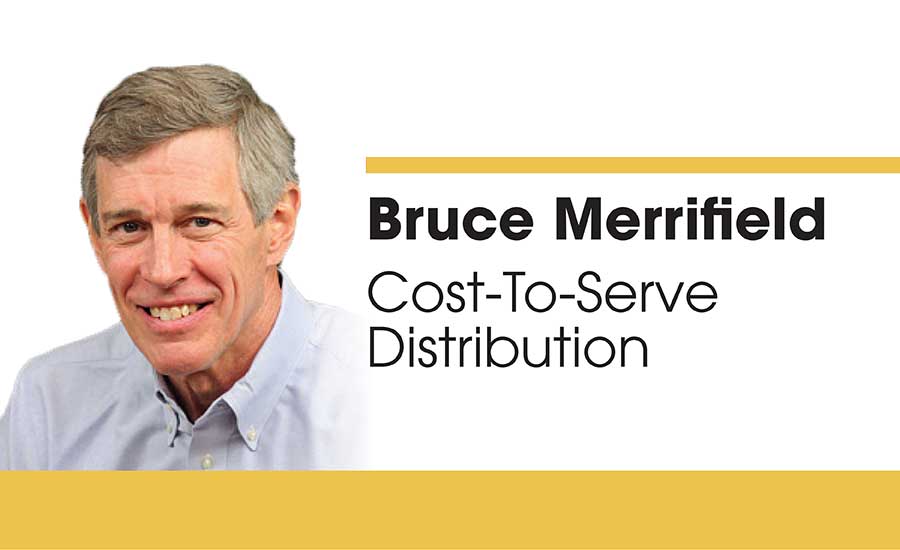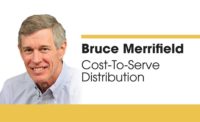COVID-19 price gouging

Over the past 40 years, four Noble Prize winners have proven that our brains evolved with cognitive biases. These biases served Sapiens well in a hunter-gather context. But, they cue irrational decisions in our modern world.
The COVID-19 pandemic has, for example, sparked excessive hoarding of staples. When demand exceeds supply, free-market prices rise. “Not fair!” is the common response.
Because our emotional, irrational perceptions do vote and bad-mouth “exploitive” suppliers, rational politicians and business managers must strike a “fair” balanced position.
Relic pricing by used-book resellers
Case lesson: Recently a family discovered that an ancestor wrote a book in 1929. A descendant checked Amazon to buy four copies from different resellers, all for about $8 each. A month later, a cousin got the news and wanted a copy, but only one copy was listed for $92. Is this price gouging or a unique offer for the cousin to take or leave? I lent him my copy.
How to price your
no-pick museum SKUs?
I bought a specialty hardware distributor that had accumulated 20,000-plus SKUs of which 6,000 had not had a pick in a year or more (some in over five years). My solution: Classify these dust-collectors as “M” (as in museum) items. And, raise the prices 15% for every year the SKU had not had a pick.
Reaction: “We can’t do that! Customers will get angry if we gouge them.”
My response: “Tell them why and how we mark up the relics. Point out that our cumulative, carrying costs exceed our markups. We still are net-losing on these dogs, but we hope that the customers appreciate the opportunity to be able to buy them to: fix a customer’s problem; bill labor; and pass the cost on. If they can find it elsewhere for less, do it.”
What happened? A general non-event. We got some extra juice to the profit line, and customers who did question the high price generally laughed at our honest, transparent answer and were pleased.
Best opportunity:
Strategic pricing for blind SKUs
Distributors with scads of SKUs will find that infrequently bought SKUs are “blind price items.” The customer doesn’t know or care within limits what the price should be. Instead of applying a standard, cost-plus markup, prices can be nudged higher.
For more information: www.waypointanalytics.net
Looking for a reprint of this article?
From high-res PDFs to custom plaques, order your copy today!





